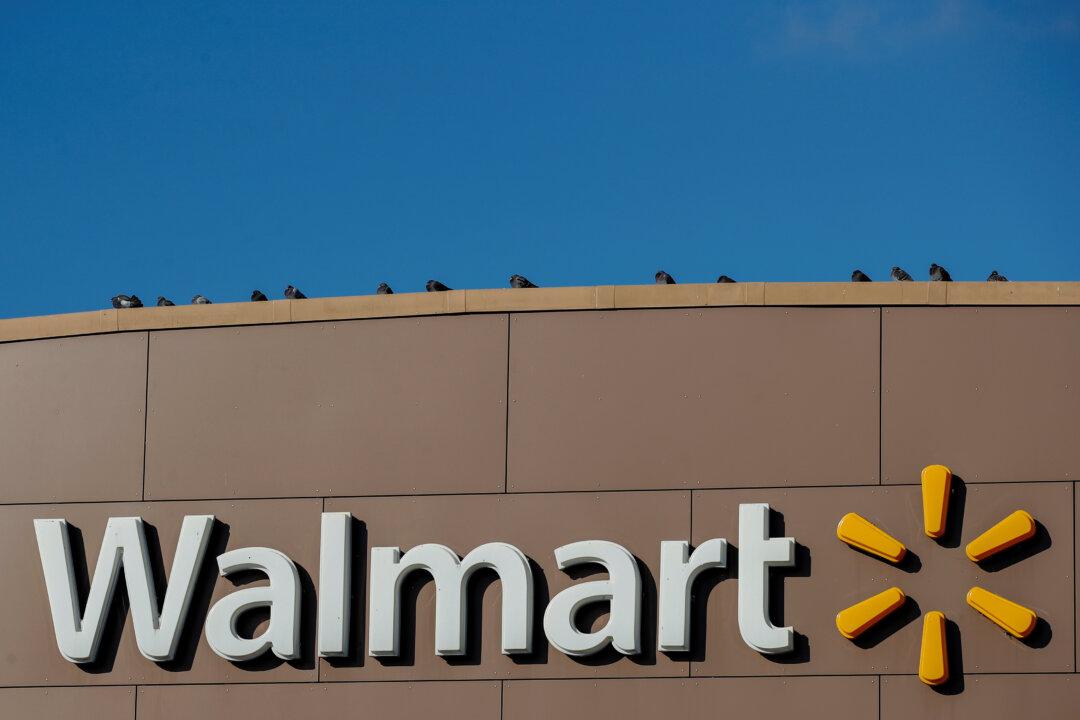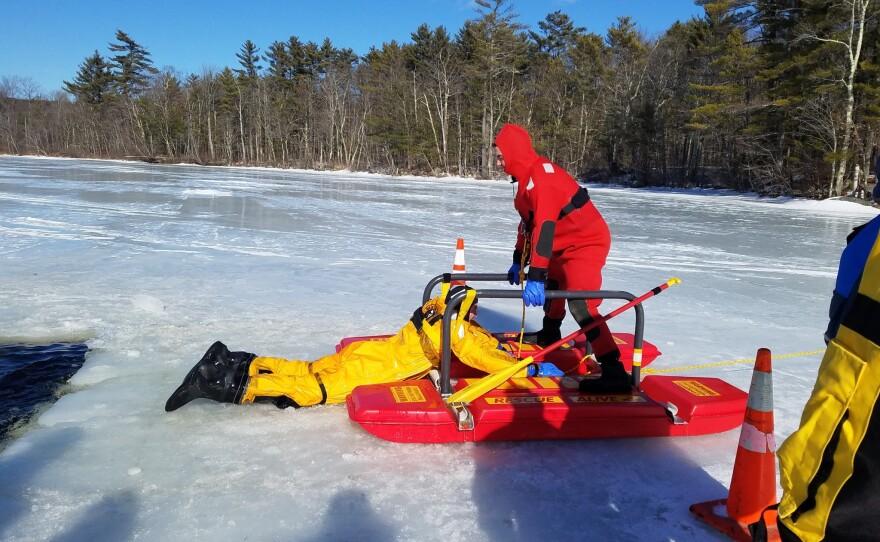The Federal Trade Commission (FTC) and U.S. Food and Drug Administration (FDA) sent cease and desist letters on Wednesday to six companies for selling products containing delta-8 tetrahydrocannabinol (delta-8 THC) in packaging that closely resemble popular snacks and candy children eat.
Delta-8 THC is the chemical in marijuana that makes people feel high.




